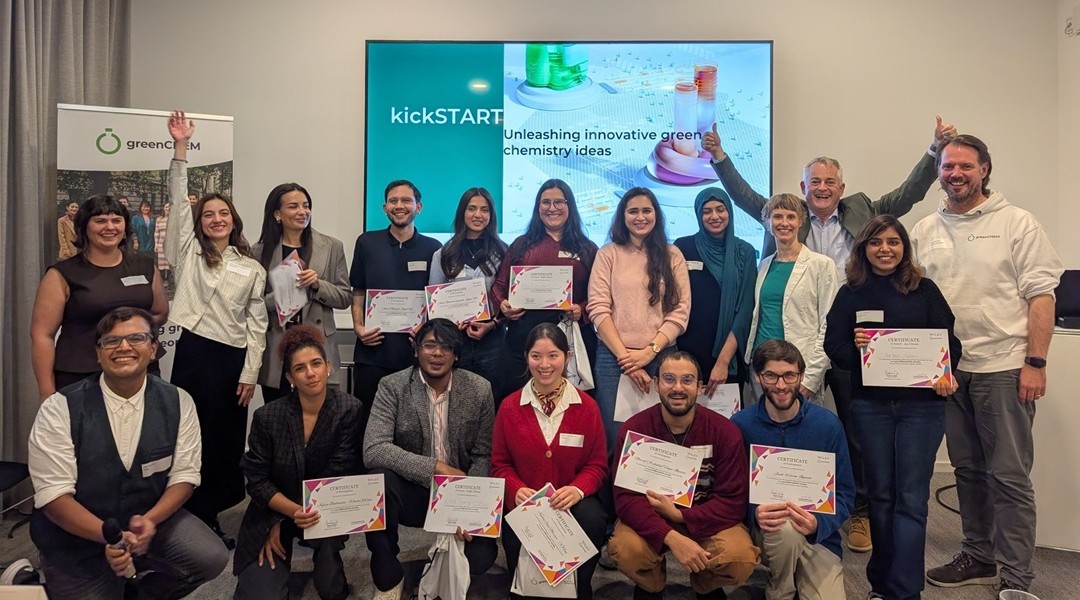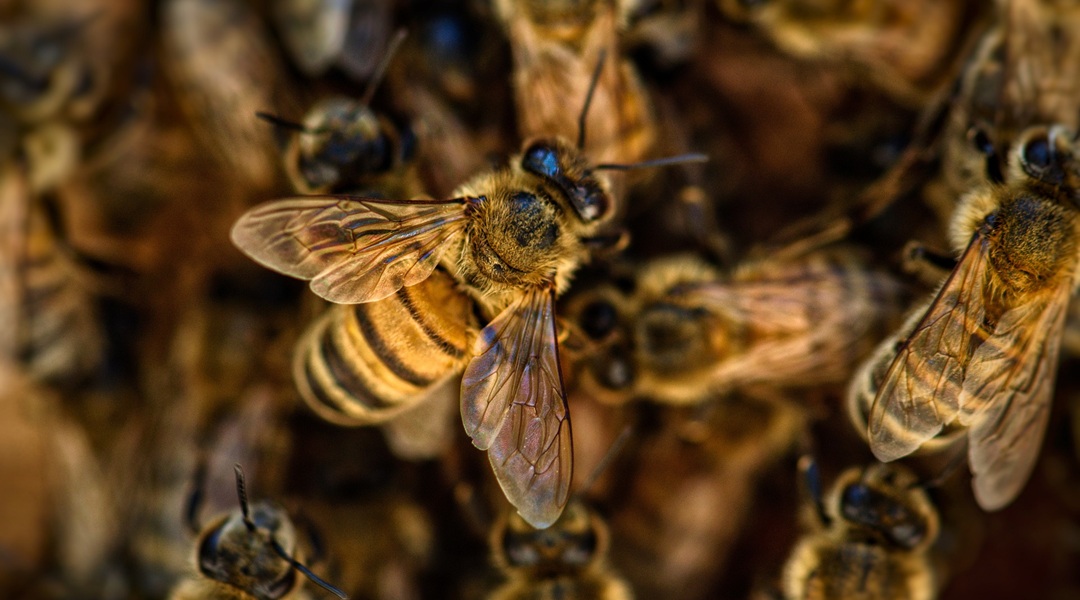Bees fooled by mimicry help pollinate sun orchids, driving fruit production.


Bees fooled by mimicry help pollinate sun orchids, driving fruit production.

Borrowing from biology, new wax coating ‘SafeWax’ defends crops from disease and climate stress.

Kombucha fermentation generates a byproduct perfect for the creation of mechanically stable, biodegradable electronic components.

Field observations across the Americas show that birds’ choice of fruits depend on exploration, learning and context far more than fruit colour.

Young researchers promote the importance and industrial potential of green chemistry via the kickSTART project.

Conductive paste boosts the growth of coral fragments, accelerating restoration activities.

Honey bees more susceptible to heat are the first to initiate fanning behaviours that help the hive cool down.

The world’s most grown legume could be used to make the batteries of the future.

Scientists created an “evapolectrics” generator that draws power directly from water evaporation, offering a sustainable, battery-free energy source from humidity.

The tradeoff raises concerns about food security, particularly for the Global South.